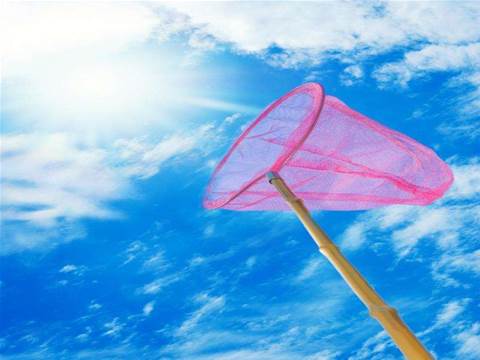The Australian Computer Society has released a report that flags conditional support to ISP-based internet filtering from a technical standpoint, based on a series of boxes that need to be checked before giving the scheme the green light.
Six experts from the ACS said that filtering of the internet is plausible, but suggested a number of steps, summarised below, that the Federal Government needs to first address.
"Filtering alone is unlikely to adequately address cyber security issues or significantly impact those who deliberately produce, distribute or search for illegal material," said Australian Computer Society chairman and president Kumar Parakala.
1. Define the purpose served by a filter
The computer society said any filtering system needed to be based on a clearly-defined goal.
The government is yet to make clear whether the filter aimed to avoid inadvertent viewing of RC and illegal content, or to prevent such content from being published or circulated, the report said.
2. What are we filtering?
The report said that the goals around any successful internet service provider filtering initiative should be "clearly established".
"While recent Government statements indicate that ISP level filtering will apply to RC material that is on the ACMA blacklist, there is still a considerable amount of confusion amongst the ICT sector on exactly what content will be filtered," the report [PDF] said.
"The definition of material to be filtered must be unequivocal and clear if the initiative is to be successful."
3. Consistency across online and offline content
The report also recommended "consistency in the criteria used to classify all media and entertainment content regardless of whether it is available online or offline".
The particular reasons content was classified as RC (refused classification) or illegal (included on the ACMA black list) should be "transparent," the ACS said.
"If filtering is to be acceptable and credible, then we need to have clear and transparent criteria to classify content that applies equally across all media including both online and offline content."
The ACS also recommended a national, voluntary 'content rating system' under which content providers can voluntarily rate the material on their site using an easily understood standardised metric.
4. Transparency and an independent body
The computer society also pushed for the blacklist to be "transparent."
"Transparency and credibility should include an independent oversight, a system of checks and balances that incorporates a system of appeals and an independent auditing process," the report said.
"While the Task Force agrees that the ACMA black list is not suitable for public dissemination, it is equally essential for the Government to establish greater transparency and accountability in the criteria and processes for incorporating sites onto the black list.
"The Task Force believes that the Government should consider establishing an independent over sighting body and an annual auditing process for the black list to provide an appropriate oversight and ensure the highest public confidence in the black listing process; such a body can also act as an independent central authority to ensure greater transparency around the blacklist and to which appeals and other complaints about the black list can be directed," the report said.
5. More proactive steps
Blocking websites was not enough to stop illegal websites from appearing, the report said.
The ACS suggested the Federal Government work with the internet corporation for assigned names and numbers (ICANN) and encourage it to reject domain name applications that were likely to contain illegal material.
"The Task Force believes that the Government should explore this pathway as an integrated part of its cyber safety strategy to improve the security and processes around domain name registration. It will be effective not only against illegal sites but also against sites being used for cyber crime such as phishing and other fraudulent activities.
"At a minimum this should require accurate Whois information and independently verified identity and address details for domain name registrants," the report said.
The report concluded that "there is no single mechanism that can filter out or block illegal material on the Internet accurately 100 percent of the time.
"The technical assessment of the task force is that there is no technological substitute for appropriate education and parental supervision of young people who are using the Internet."





_(21).jpg&h=142&w=230&c=1&s=1)
_(27).jpg&h=142&w=230&c=1&s=1)






.jpg&w=100&c=1&s=0)











